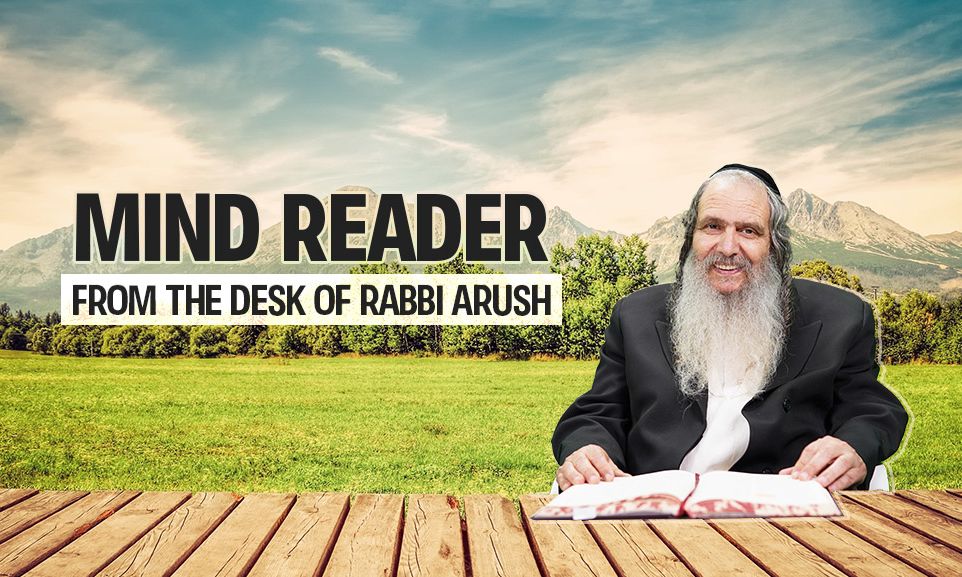
Mind Reader
During these times of upheaval and unrest, let us strengthen our emuna that Hashem is waiting and wanting to bring each of us a complete redemption very soon.

Translated from Rabbi Arush’s feature article in the weekly Chut shel Chessed newsletter. The articles focus on his main messages: Praying for the geula, and following the mitzvot of “Loving others as yourself”.
Inventions From the Future
If in the past, contemporary technological innovations looked like science fiction, today no one bats an eye at anything. Almost everything that you can think of becomes possible, sooner or later: a flying car, a robot that performs complicated surgeries and so on. If that is so, it is not so difficult for us to imagine a program that can scan our thoughts and provide us at the end of each day with a neat list of every single thought that went through our heads during the day, counting the thoughts and classifying them according to types.
One of the items in this imaginary report should be “Yetzi’at Mitzrayim” (the Exodus from Egypt) – how many times today did you think about Yetzi’at Mitzrayim? Before you go on reading, think about the number that would appear in your daily report. How many times a day, on the average, do you think about Yetzi’at Mitzrayim?
Yetzi’at Mitzrayim Around the Clock
Now, think how many times you’re supposed to think about Yetzi’at Mitzrayim. So many mitzvot are “zecher le’Yetzi’at Mitzrayim” – in memory of that event; in other words, their purpose is to make us consider Yetzi’at Mitzrayim repeatedly. In addition to that, our Sages added an extra paragraph to Kri’at Shema just to remind us about Yetzi’at Mitzrayim! You should note that at the most sublime point of the day, when we say Kri’at Shema and thereby renew our faith, at that same time we must also renew the memory of the Exodus from Egypt.
Yetzi’at Mitzrayim is described at length in the blessings of Kri’at Shema as well, and also in the Blessing after Meals. The Tefillin themselves are in memory of that event; even Shabbat, which is mainly connected with the belief in the Creation of the world – seemingly unconnected to the Exodus – it too is zecher le’Yetzi’at Mitzrayim: a whole day devoted to remembering the Exodus.
No doubt, a Jew who lives according to the Torah – not only outwardly but also inwardly – is supposed to see a very high number of thoughts about the Exodus at the end of every day. Thoughts about the Exodus are supposed to come up on their own at many points in our lives. And we are not talking about being especially pious, concepts like “cleaving to Hashem,” “Shiviti – I have set Hashem before me always”, at the level of tzaddikim who walk before Hashem; we are talking about simple halachah, a basic mitzvah, that is mentioned in the Torah explicitly numerous times, and even emphasized.
The explanation of this is very simple: Our entire belief in the Creation of the world is based on Yetzi’at Mitzrayim! We did not see the Creation of the world, but all the Jewish people of all ages, with no exceptions, saw the enormous miracles of the Exodus. In every plague that was brought upon Egypt, they saw the hand of Hashem: His complete control over nature and His wondrous providence, governing every detail, down to the tiniest one.
Enveloped in the Exodus
Let’s take the plague of the blood, for instance. Not only did the water change to blood, but even in the same cup, an Egyptian would drink blood from it, and the Jew – water. If the Egyptian paid for it, the blood became water again. The price of the water was set by Egyptian’s degree of wickedness. In the midrashim one can read about many, many more miracles and wonders that were part of every plague.
And if we, three thousand years later, are capable of being impressed by these miracles, how much more so did that generation, which saw and experienced both the subjugation and the redemption, the awesome revelation of the Shechina (Divine Presence). Surely, they saw the unequivocal proof that there is a Creator of the World and through the plagues reached complete faith in the Creator of the World, passing on this faith to us – all this as a result of Yetzi’at Mitzrayim.
And therefore, the Creator says to us in the first of the Ten Commandments: “I am Hashem, your G-d, Who took you out of the Land of Egypt,” and does not say, “I am Hashem, your G-d, who created the world,” because our faith begins with Yetzi’at Mitzrayim, as mentioned by the Rishonim (sages of the Middle Ages).
And therefore, Shabbat, which is in memory of the Creation, is also in memory of the Exodus, because from the Exodus we receive the ability to believe in Creation. And that is also the reason that in Kri’at Shema, in which we bear witness to our faith in Hashem, we mention the Exodus, which is the cornerstone and the basis for all faith.
Therefore, the holy Torah wants the life of a Jew to be enveloped in the memory of Yetzi’at Mitzrayim, because the essence of a Jew is faith. And the holy emuna (faith) is based on the Exodus; they are inseparable. Any strengthening in emuna is a direct result of the Exodus, and the goal of any remembrance of the Exodus is to lead to us to a life of emuna.
Yetzi’at Mitzrayim – Here and Now
The belief in Creation is definitely the basis; but the most important part of emuna – the part that is relevant to our everyday lives – is our faith in the present and the future! The goal of the plagues was not only that people should believe in the past – that is, in Creation, but that the Jewish People should believe in the present that all creation is renewed every single moment, and that Hashem chose us and loves us the way we are and does good for us. The Jewish People should also believe in the future: that Hashem will do us only good, and even more good, and He wants and can redeem us, so we should not despair!
Many people believe in a Creator who created the world and watches over it. But because they lack the main item of faith, they are not able to shake off their darkness, their personal exile, their personal meitzarim (limitations) – because they don’t believe that Hashem loves them and wants to be good to them, and, indeed, does only good to them, and that He is omnipotent and can – very easily and quickly – rescue them from darkness and bad traits and desires, and from all the pain and suffering.
Remembering the Exodus reminds us not only of what was, but that now, too, every single minute, Hashem yitbarach loves us and has mercy on us and wants our prayers.
And that is the true emuna, because Rabbi Nachman says that the main cause of the exile is the lack of emuna. Sadness is exile. Lack of faith in yourself is exile. And despair is the height of exile. And when one remembers the Exodus, one awakens and lights up the holy emuna that now, too, at this very moment, Hashem yitbarach wishes to redeem us with the final redemption! When a Jew believes that wholeheartedly, he has actually been redeemed already. He already receives the ability to be joyful and to pray. He acquires hope and expects the redemption.
And now we can understand why eighty percent of the Jews died in the plague of darkness.
They had seen all the miracles and had remained in their wickedness. How can one remain wicked after seeing all these miracles?! It is scary to even think about it. But someone who sees all that and remains wicked has no chance at all of repenting; otherwise, we can’t understand why all those millions died.
And to take it a step further: Who were those resha’im (wicked people), and in what way were they wicked? After all, even Jews who worshiped idols left Egypt, as the angels pointed out when the people were standing at Yam Suf: “Those are idol worshipers and those are idol worshipers.” Even Datan and Aviram, those complete resha’im, left Egypt; so, who were those resha’im who died in the plague of darkness? What was their terrible sin?
Rabbeinu Asher, known as “the Rosh”, says that those who died were those who had despaired of the redemption! And this affirms all we have written – that the main message of the plagues was not just the belief in the Creation of the world, but the belief that Hashem wishes to redeem us. And whoever saw all those plagues with his very own eyes and did not acquire the emuna that Hashem yitbarach loves him and wants to redeem him, remaining instead in despair – truly had no hope anymore. The only thing to do was to leave such a person in Egypt.
And now, in these holy days of the Shovevim (acronym of the names of the parashot read during these weeks), when we read once again about the miracles of Yetzi’at Mitzrayim, let us strengthen our belief that Hashem loves us with an eternal love, and that He is standing and waiting and wanting to redeem us with mercy – a general and personal redemption – very soon.


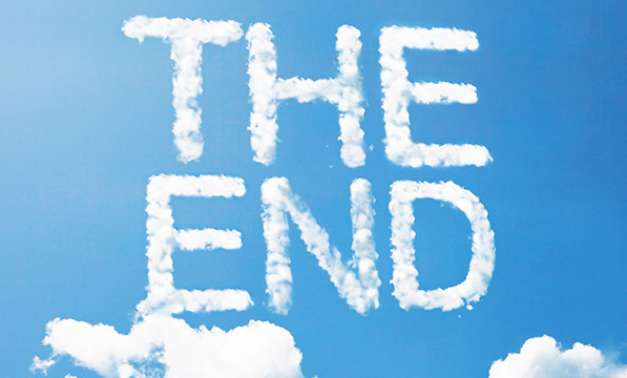
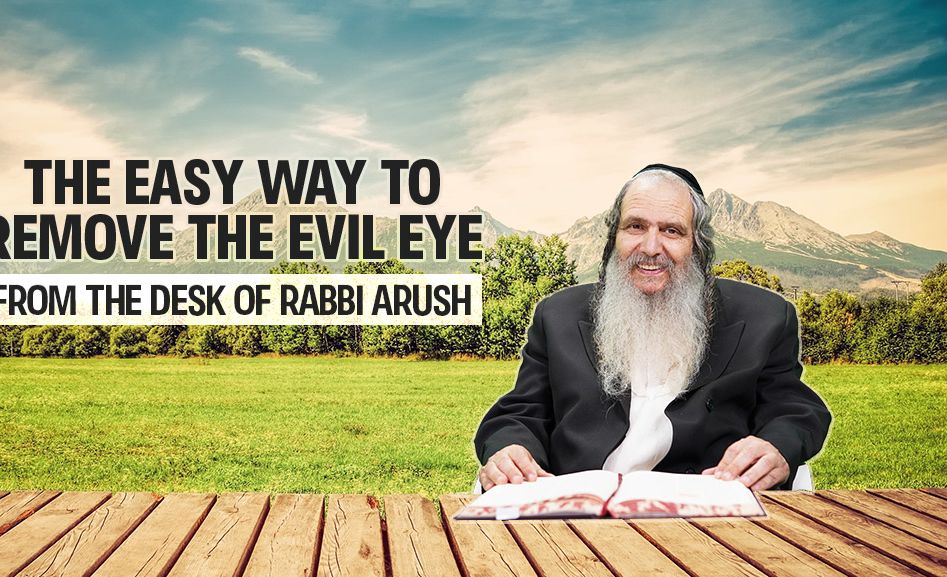
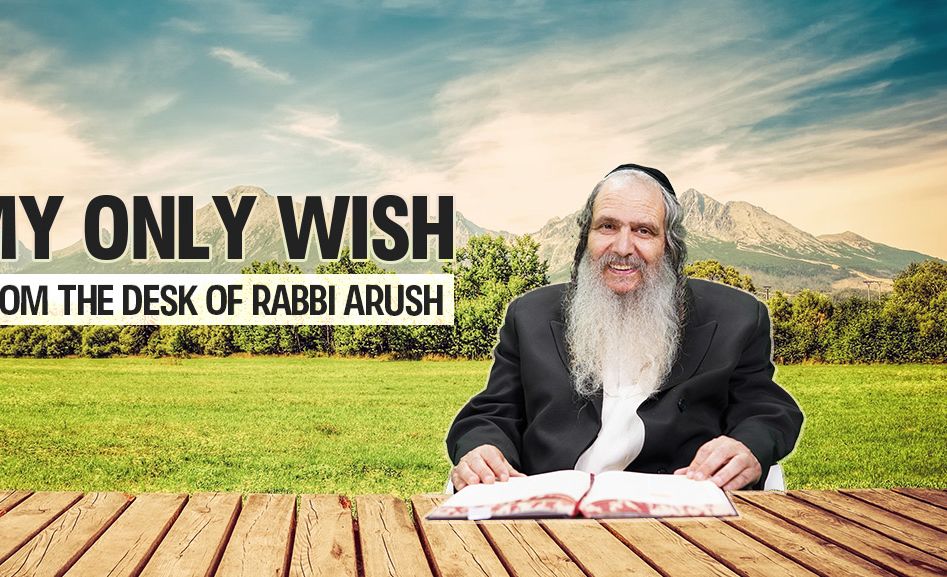


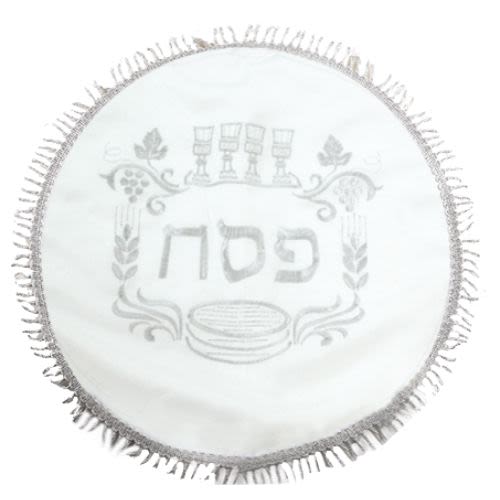

Tell us what you think!
Thank you for your comment!
It will be published after approval by the Editor.